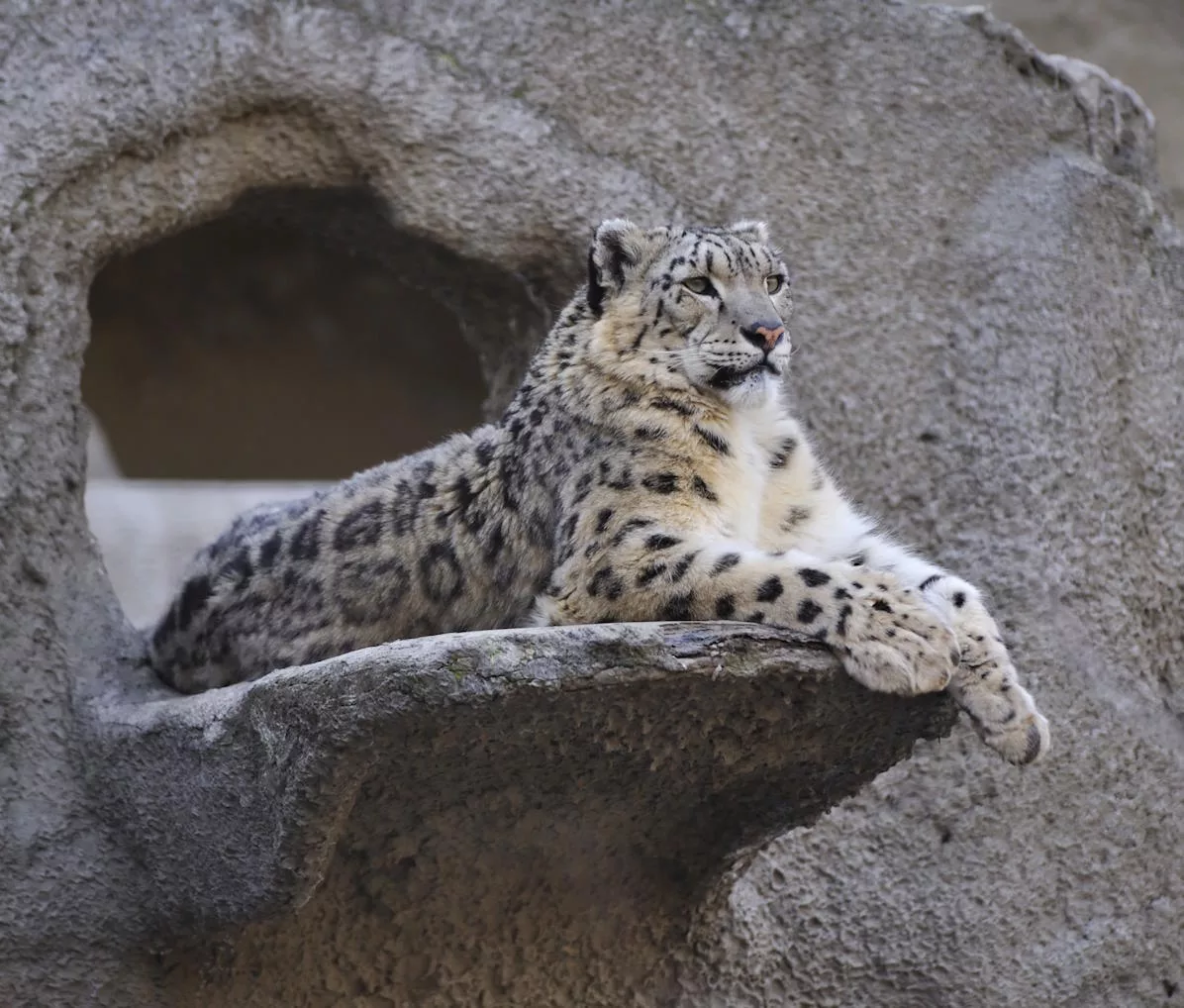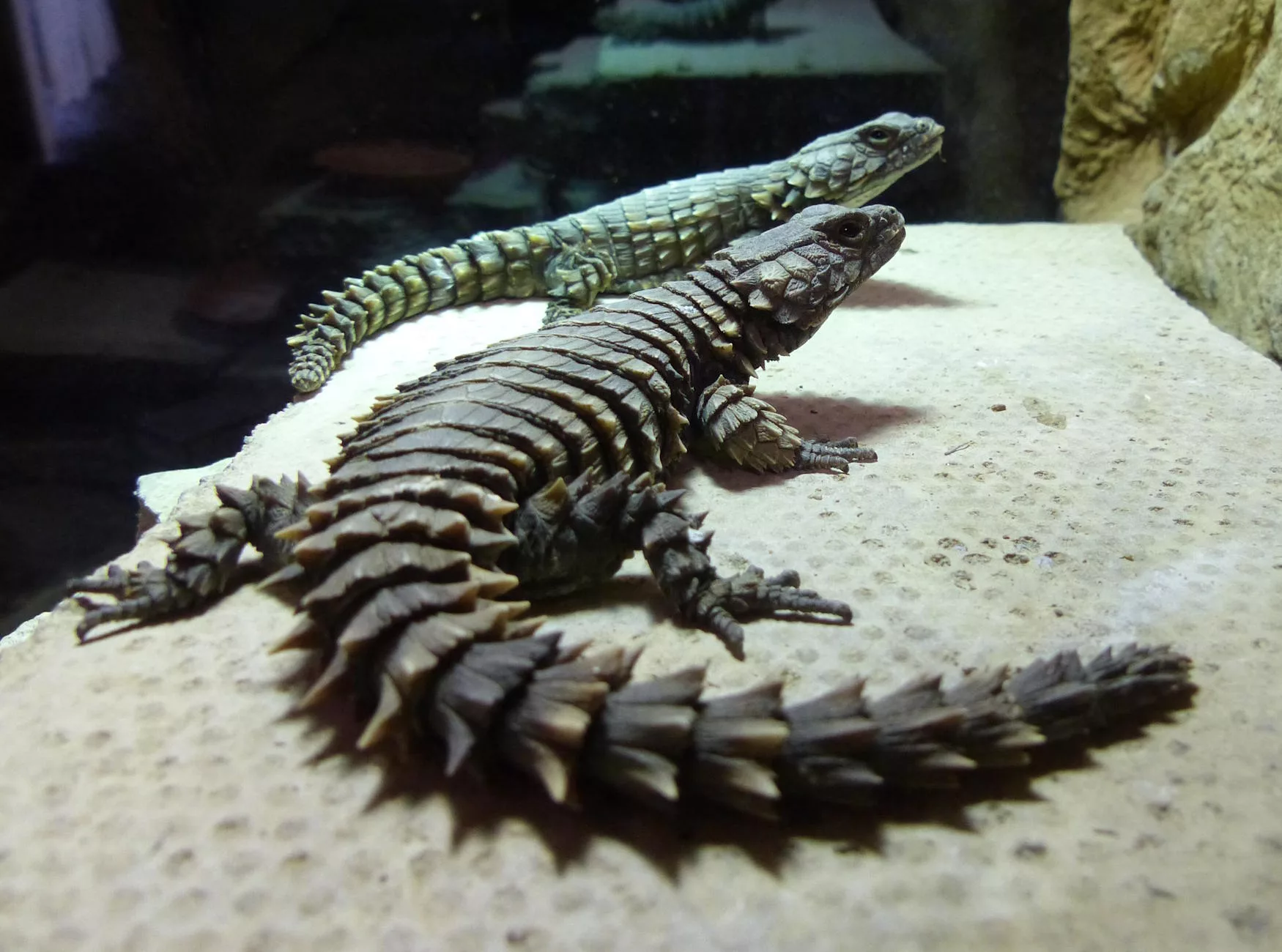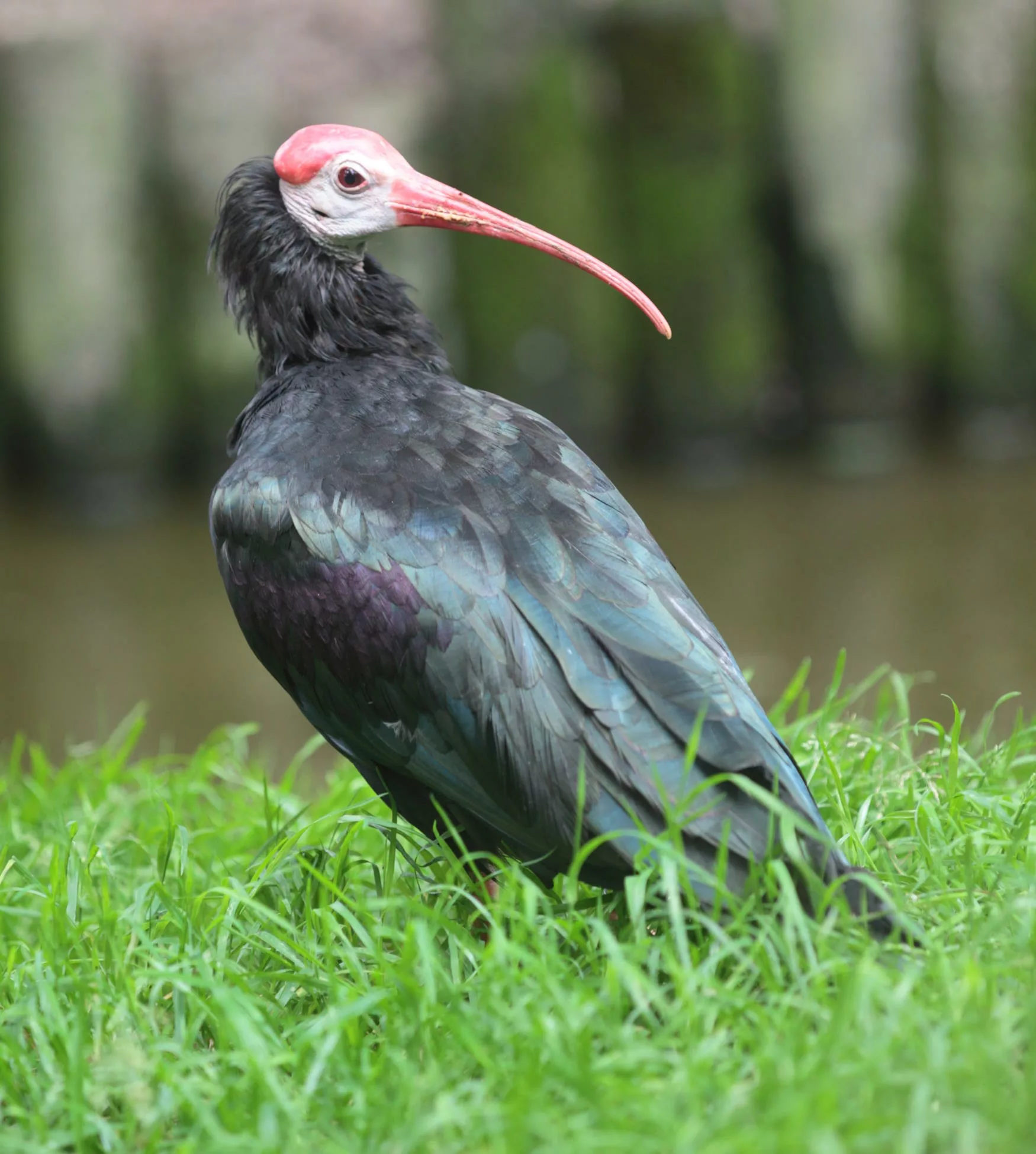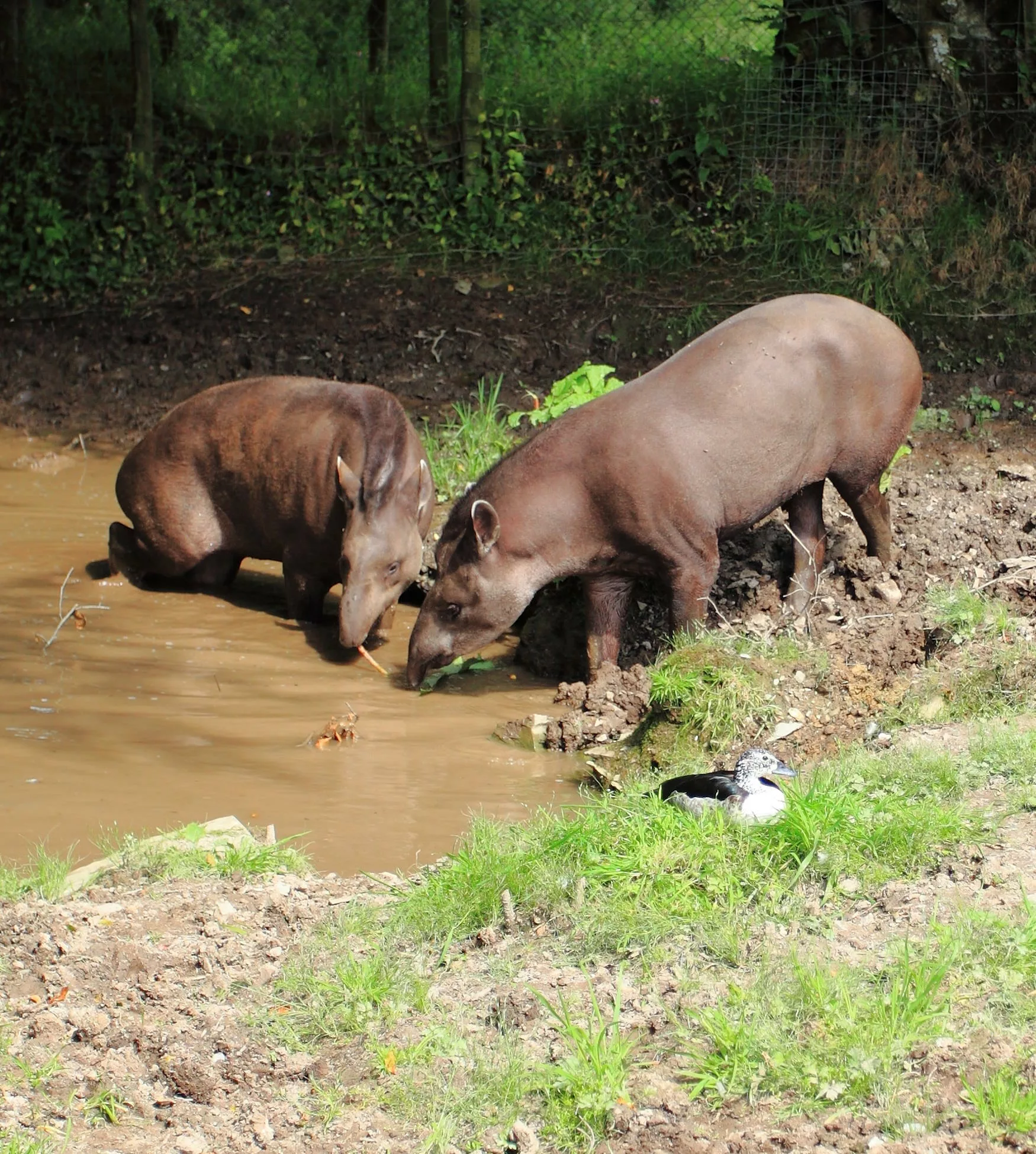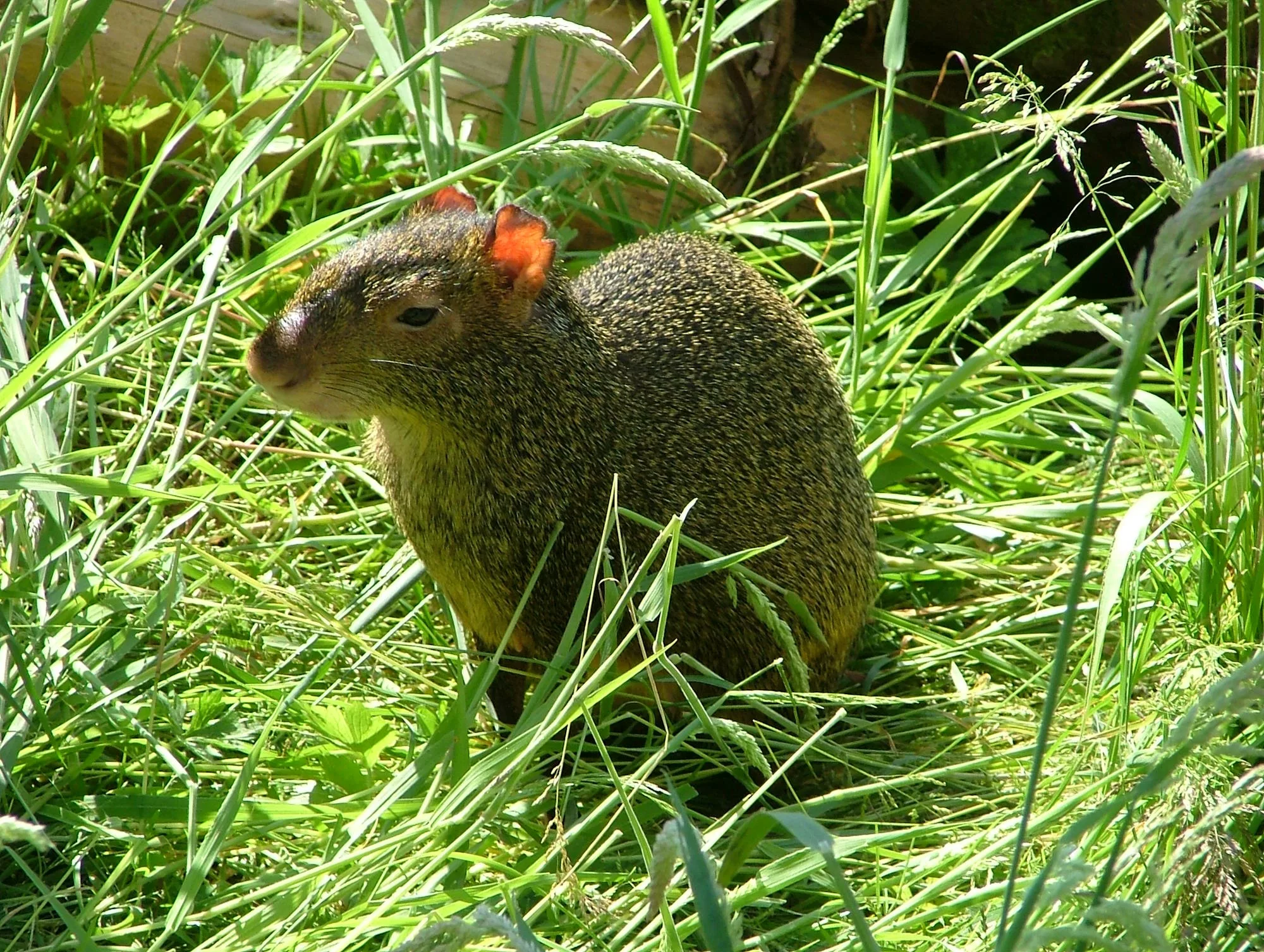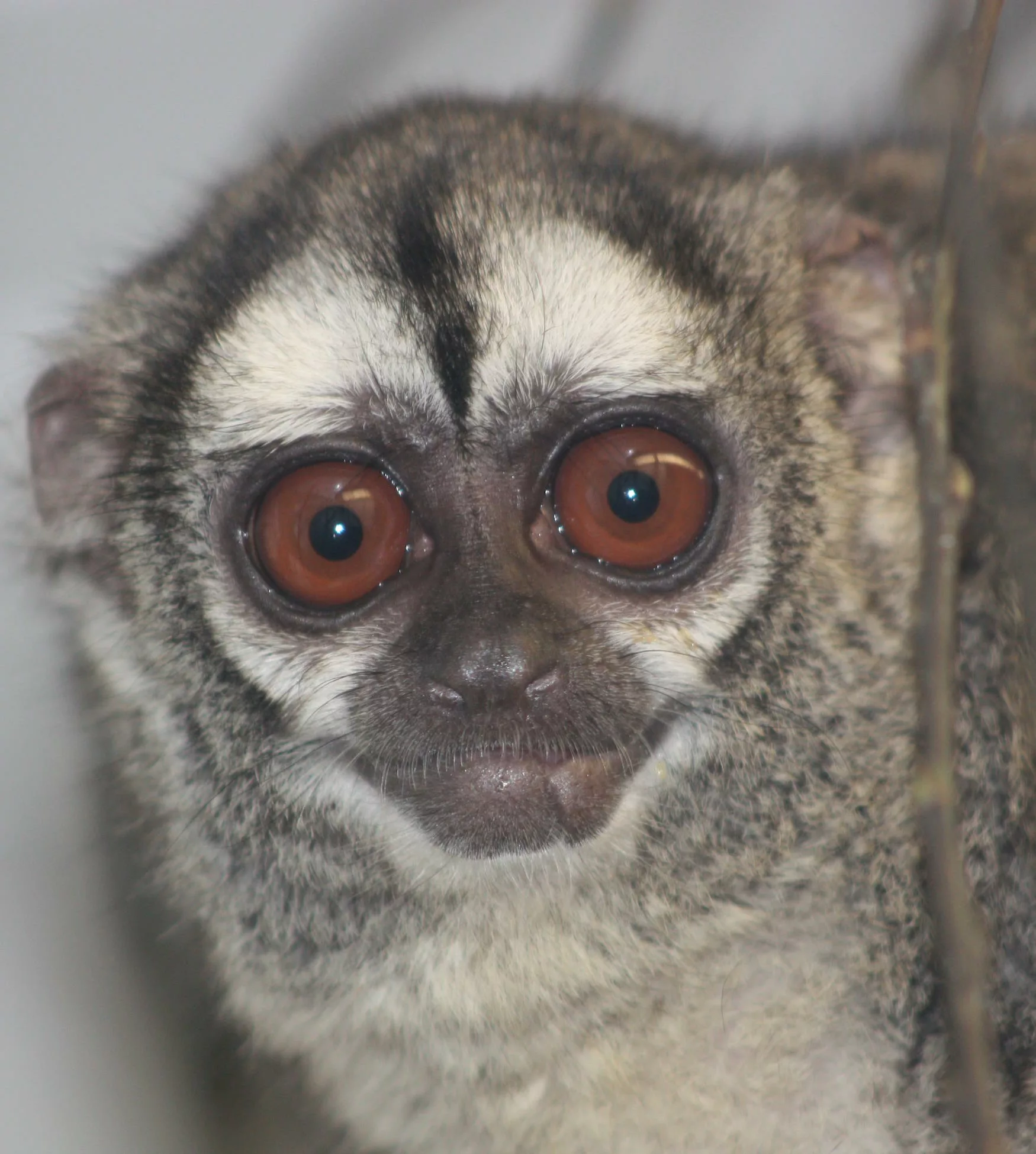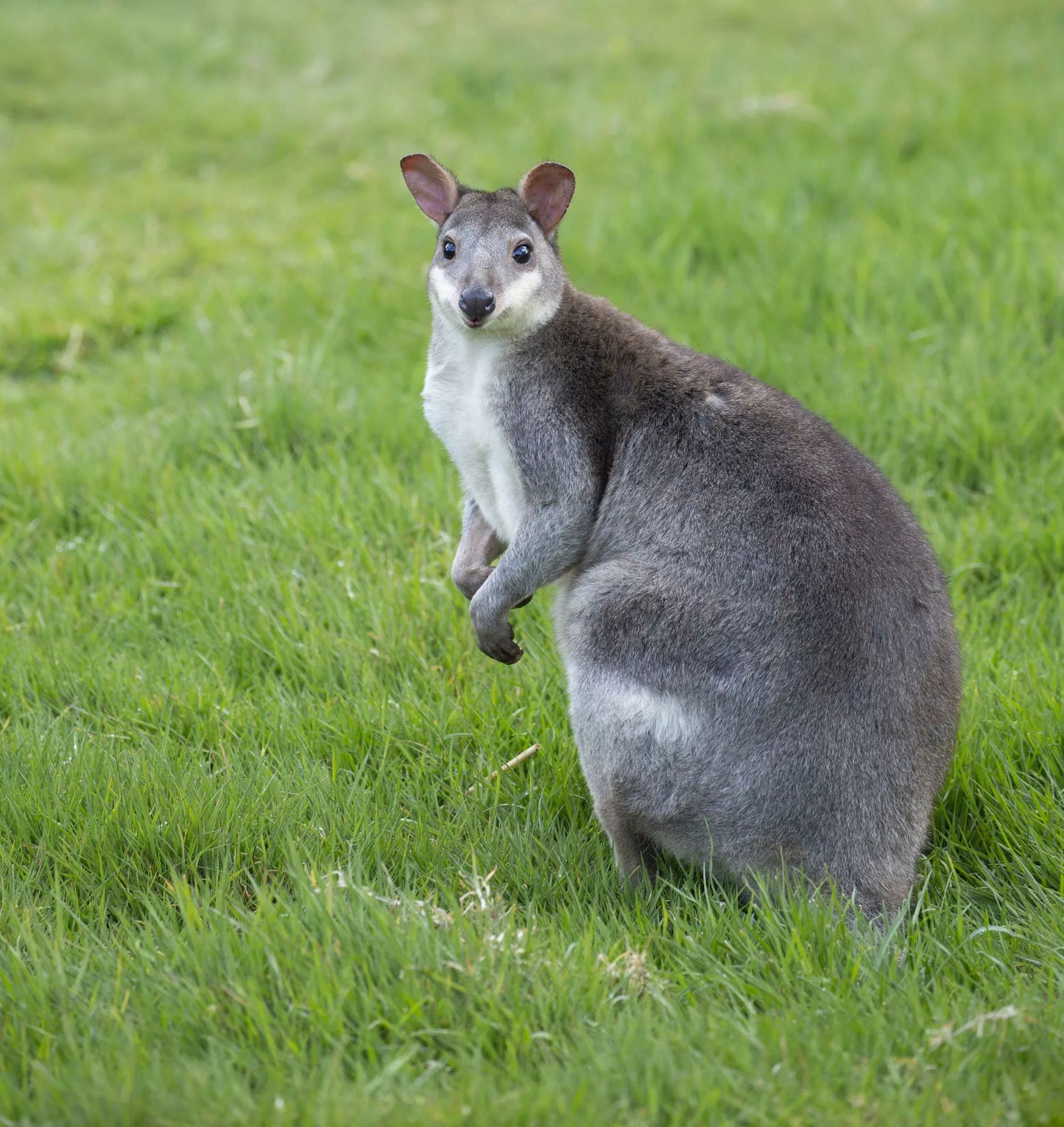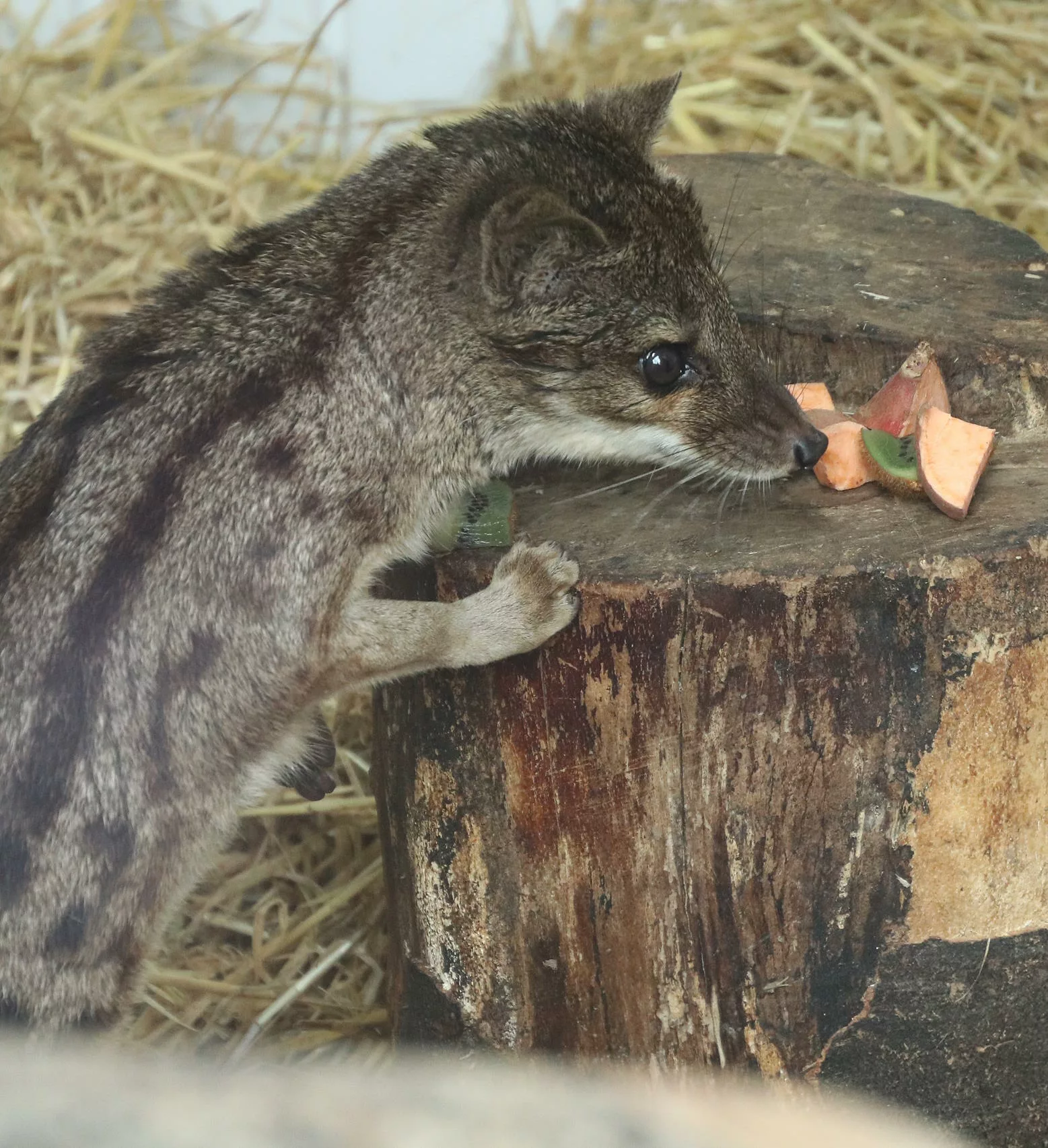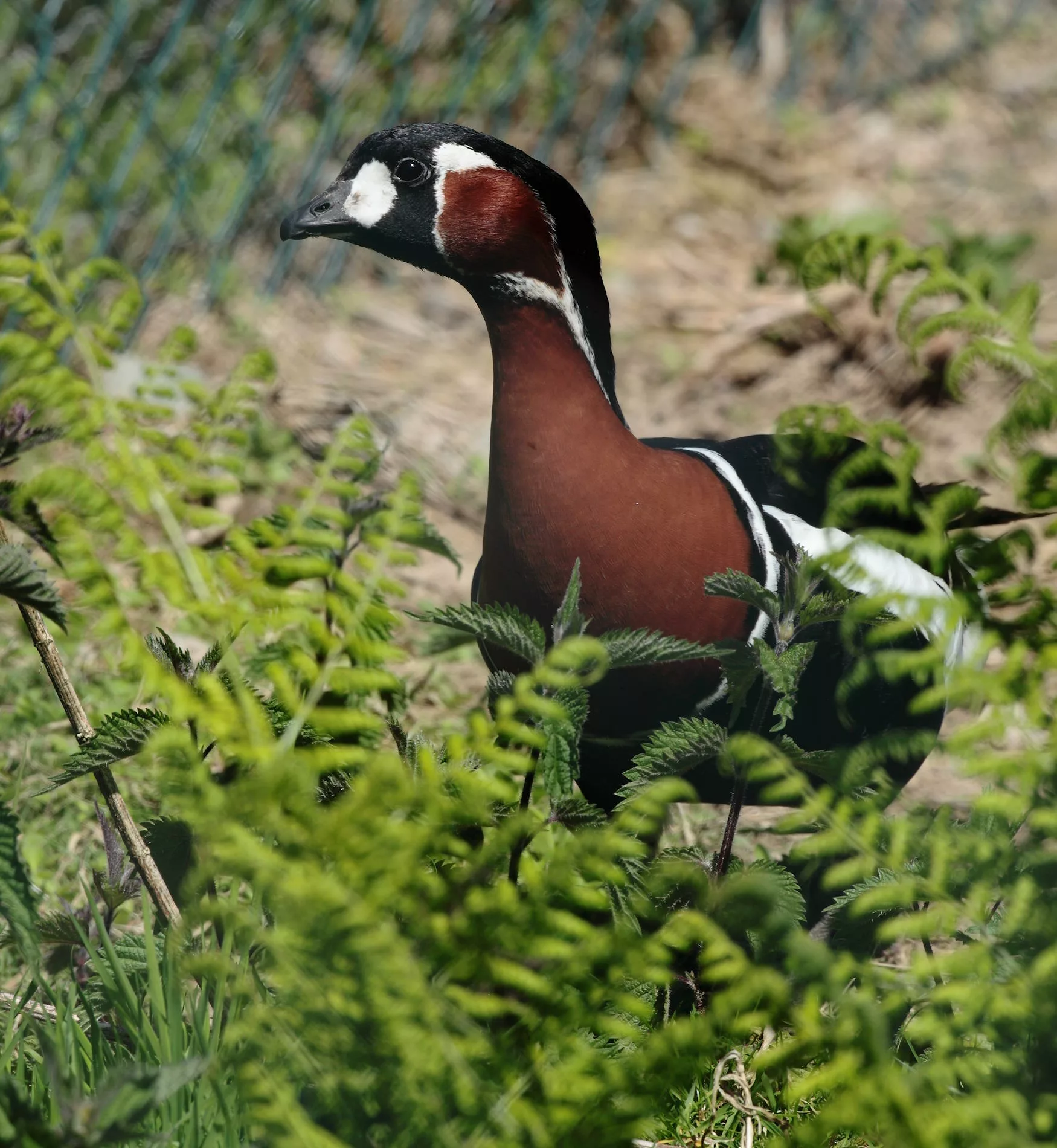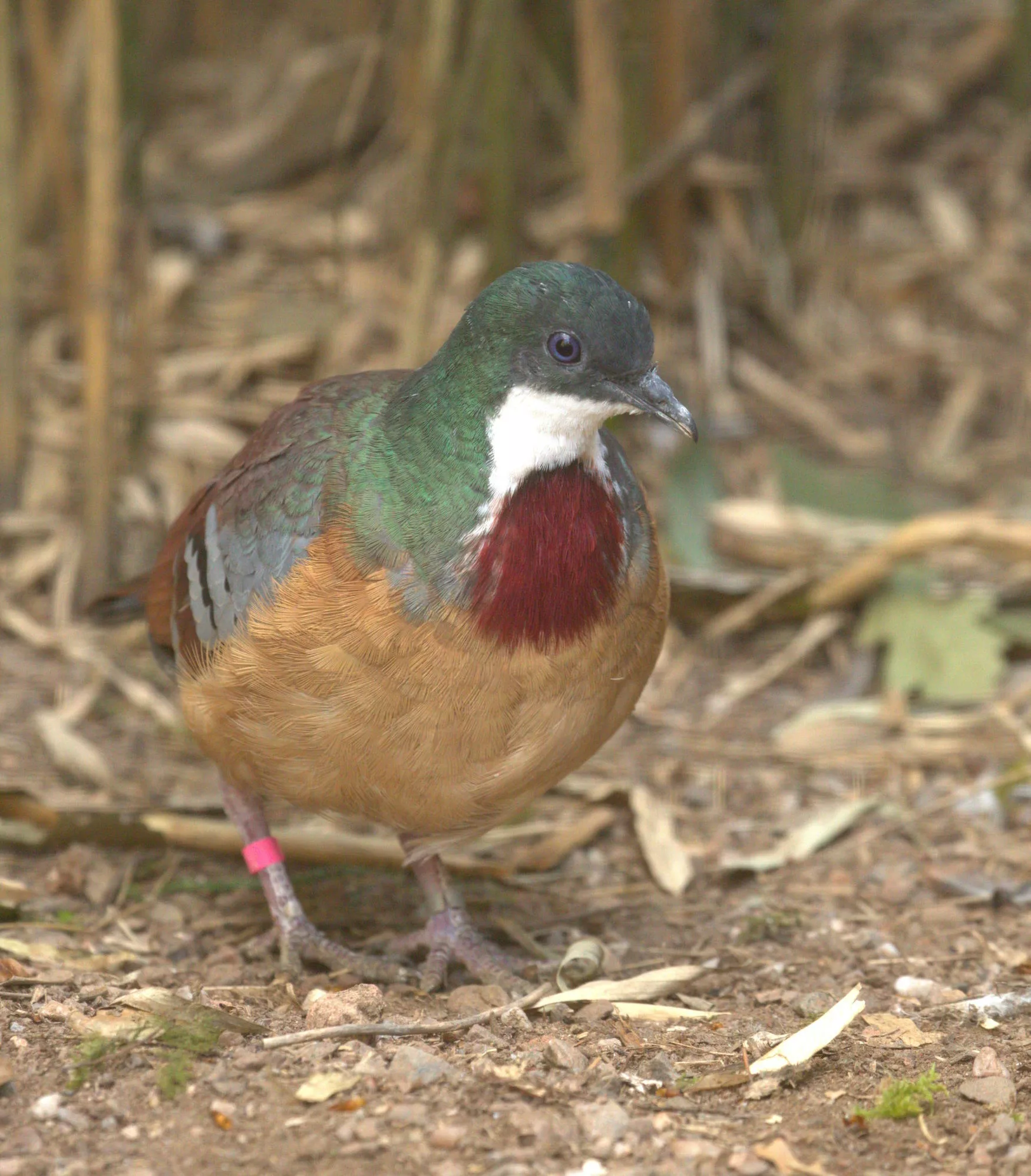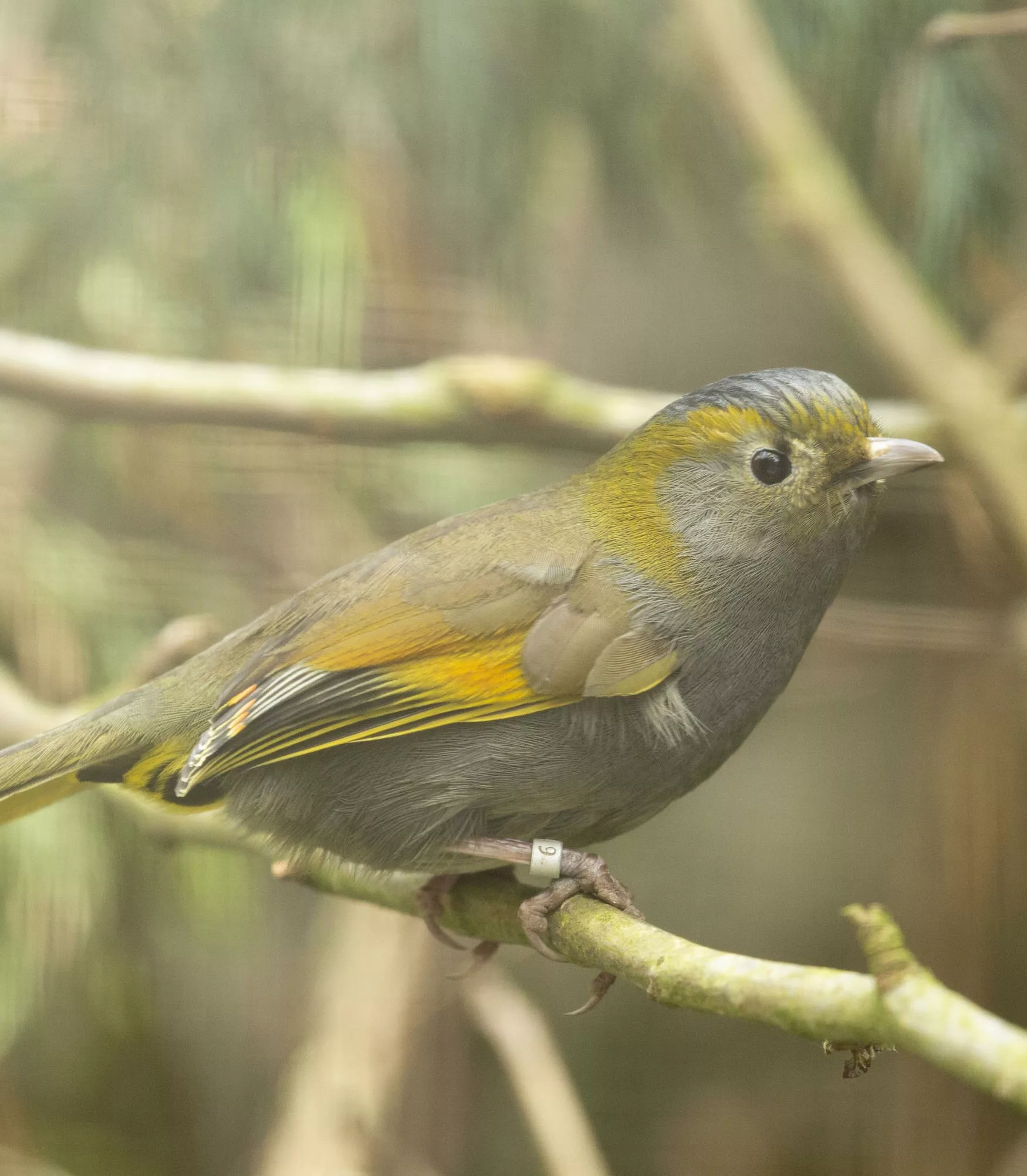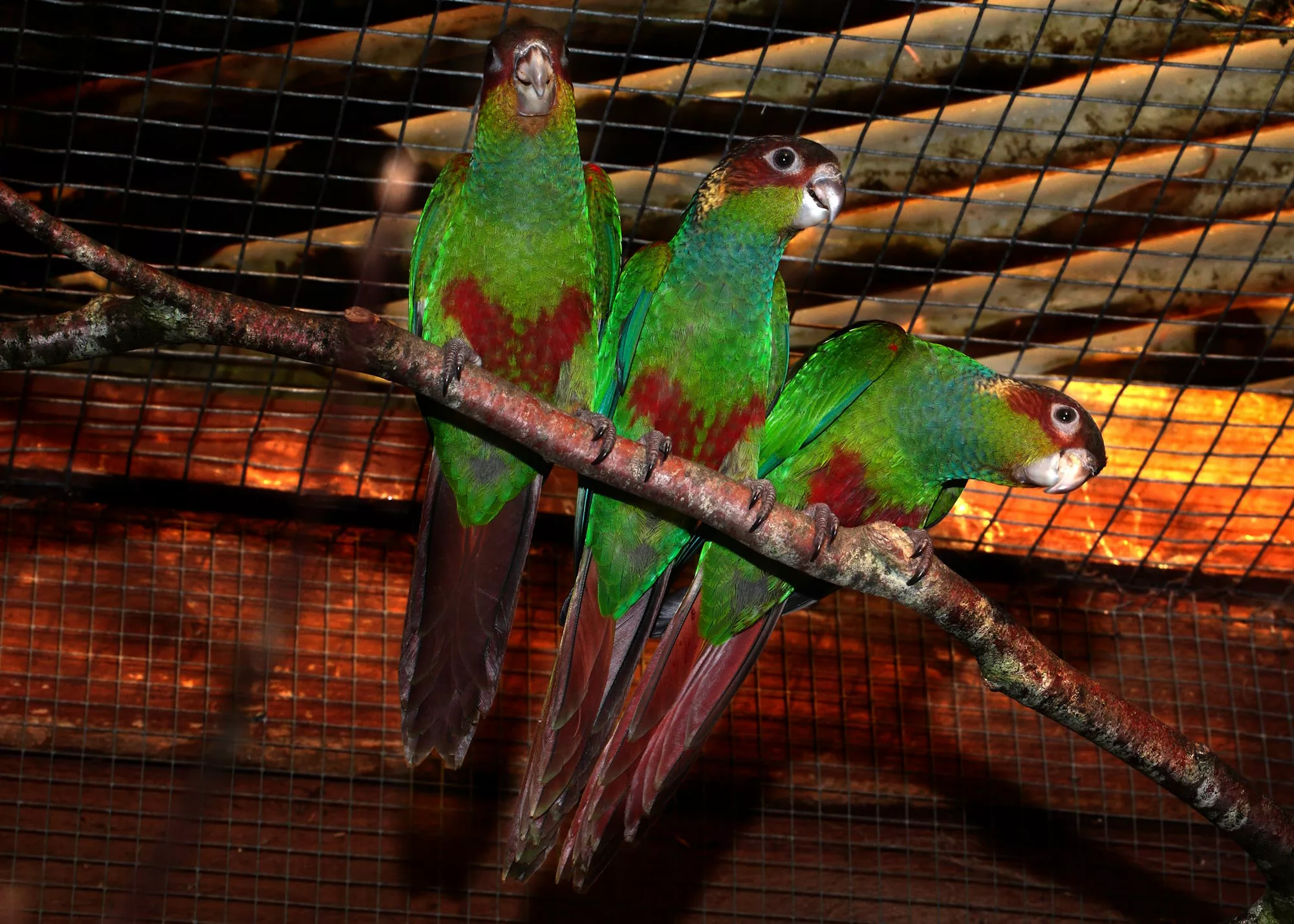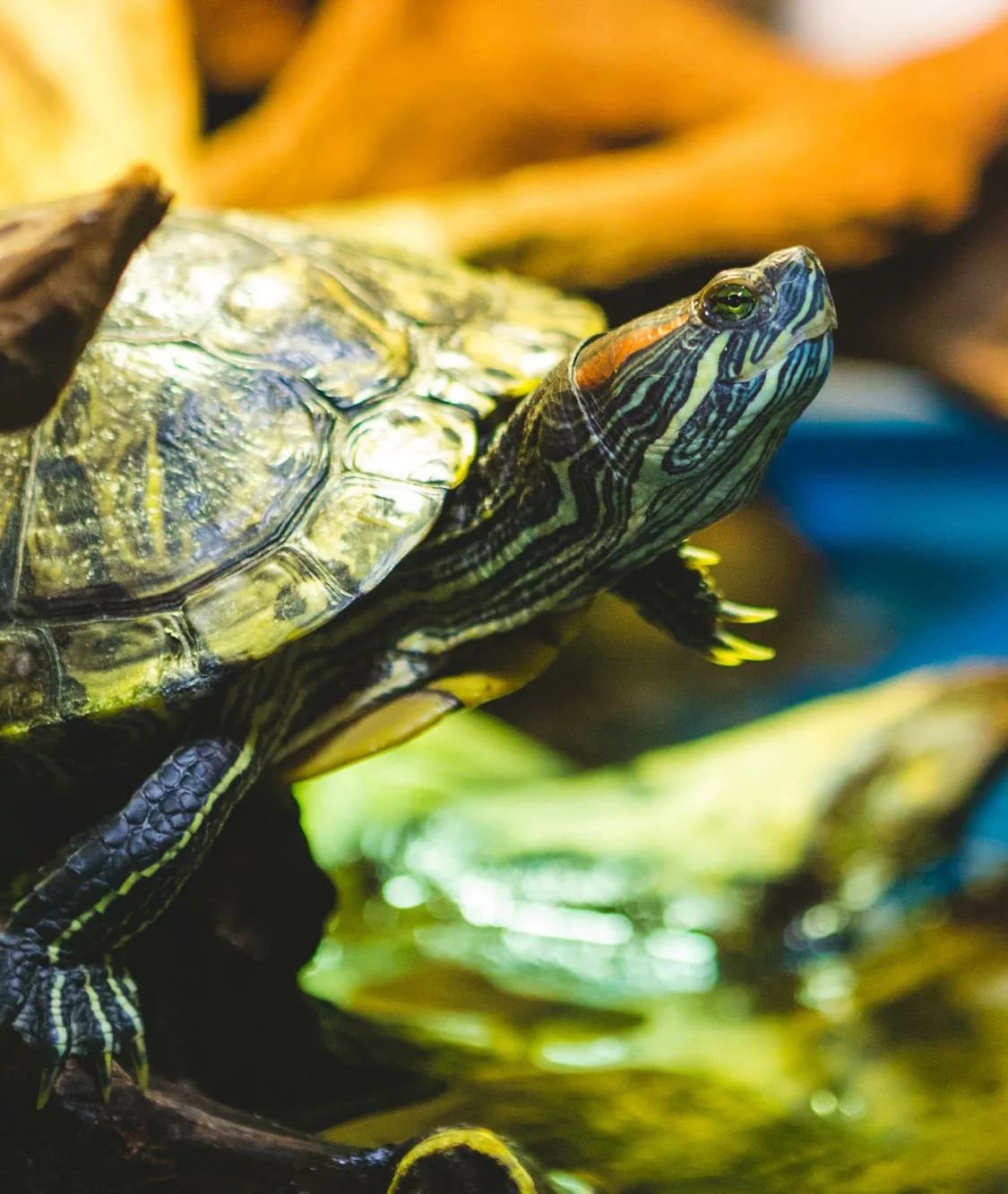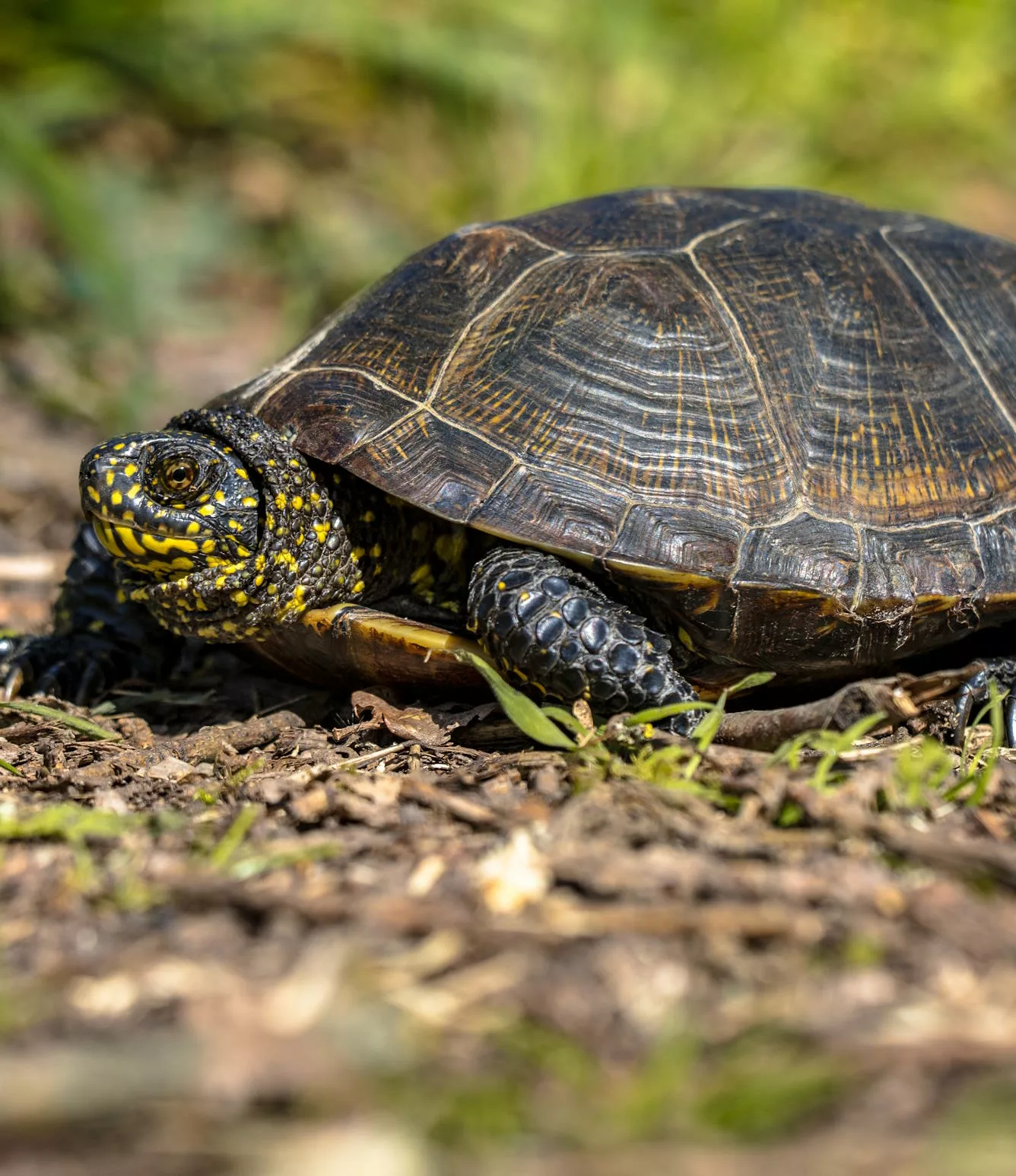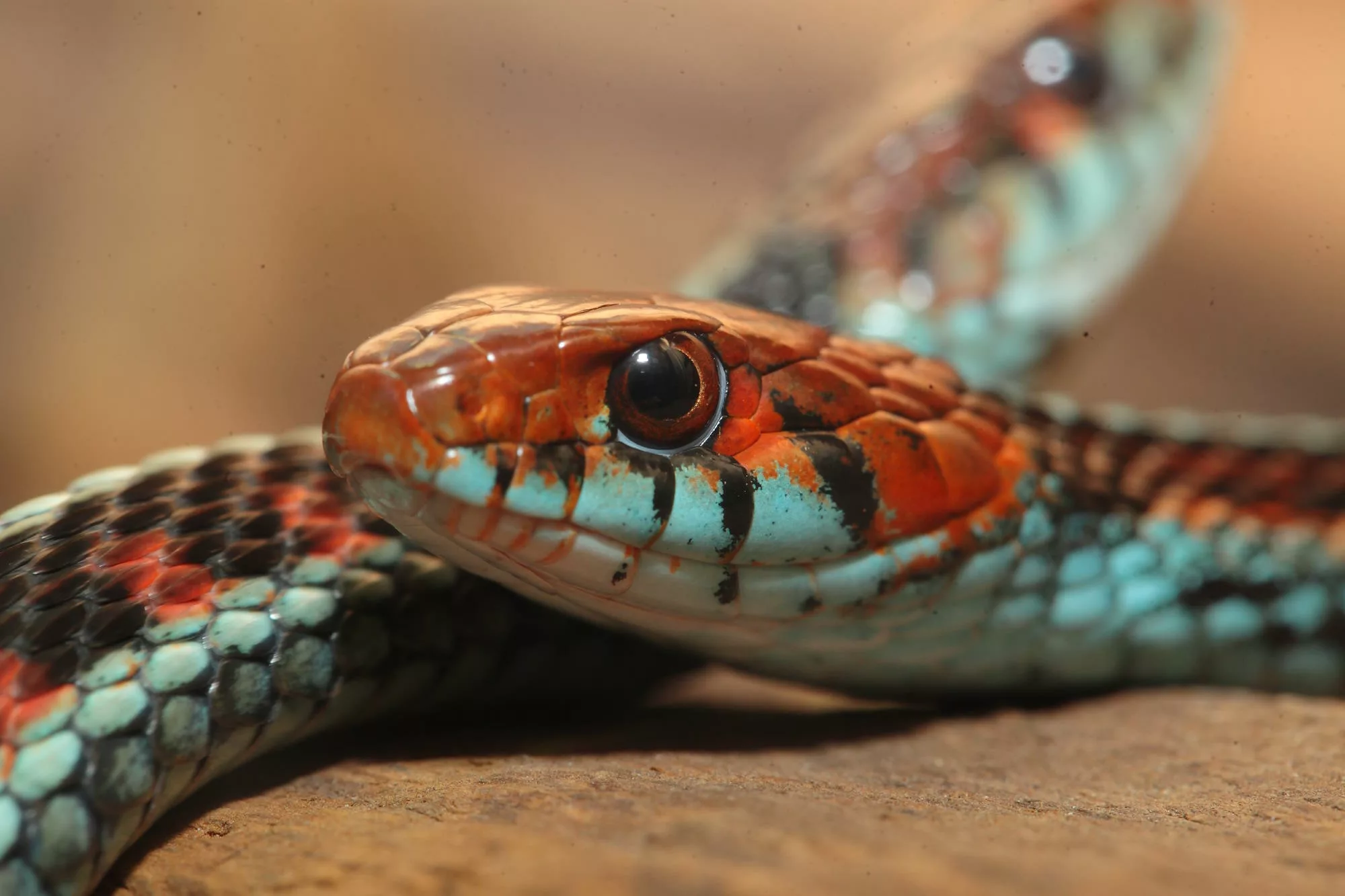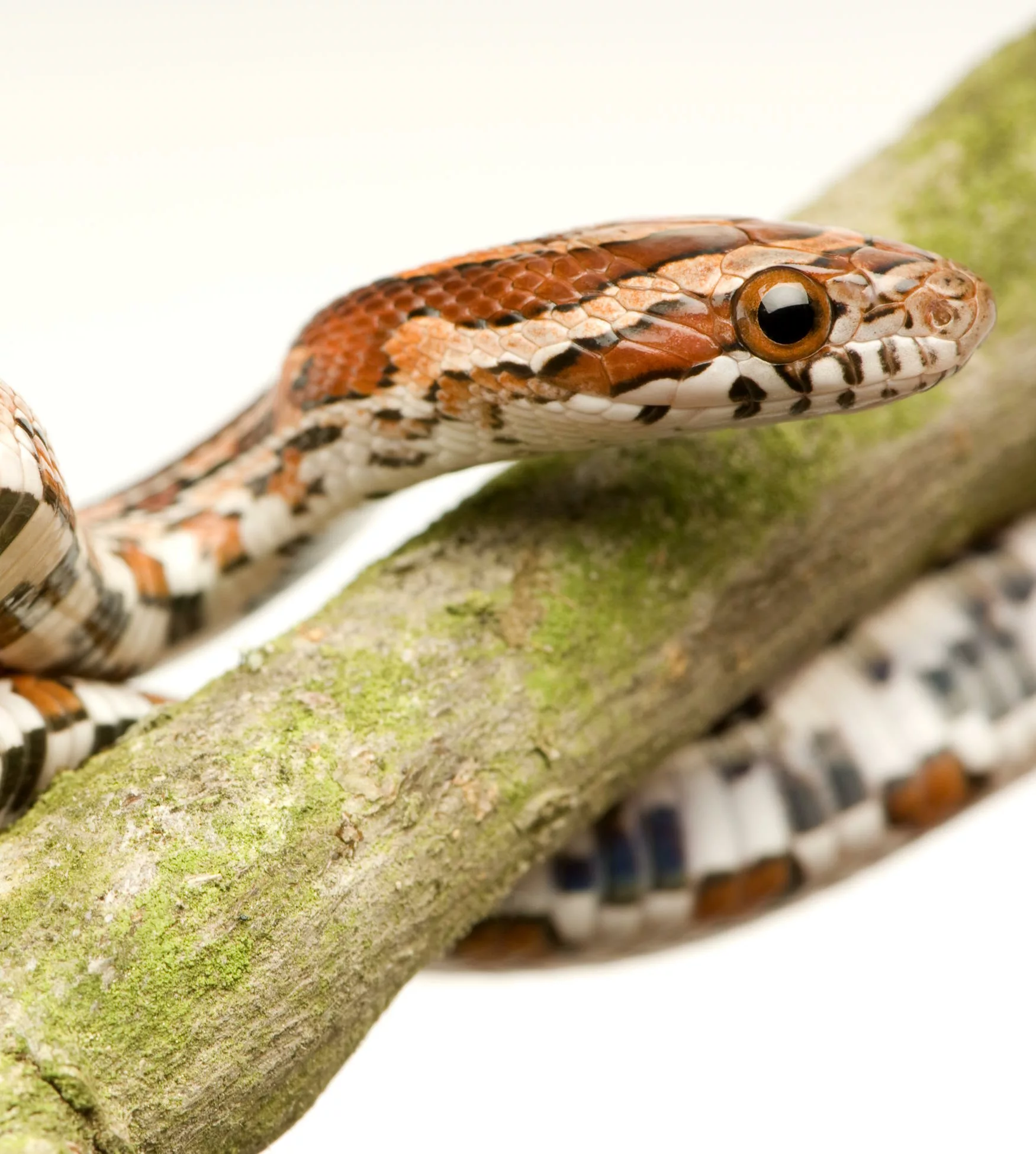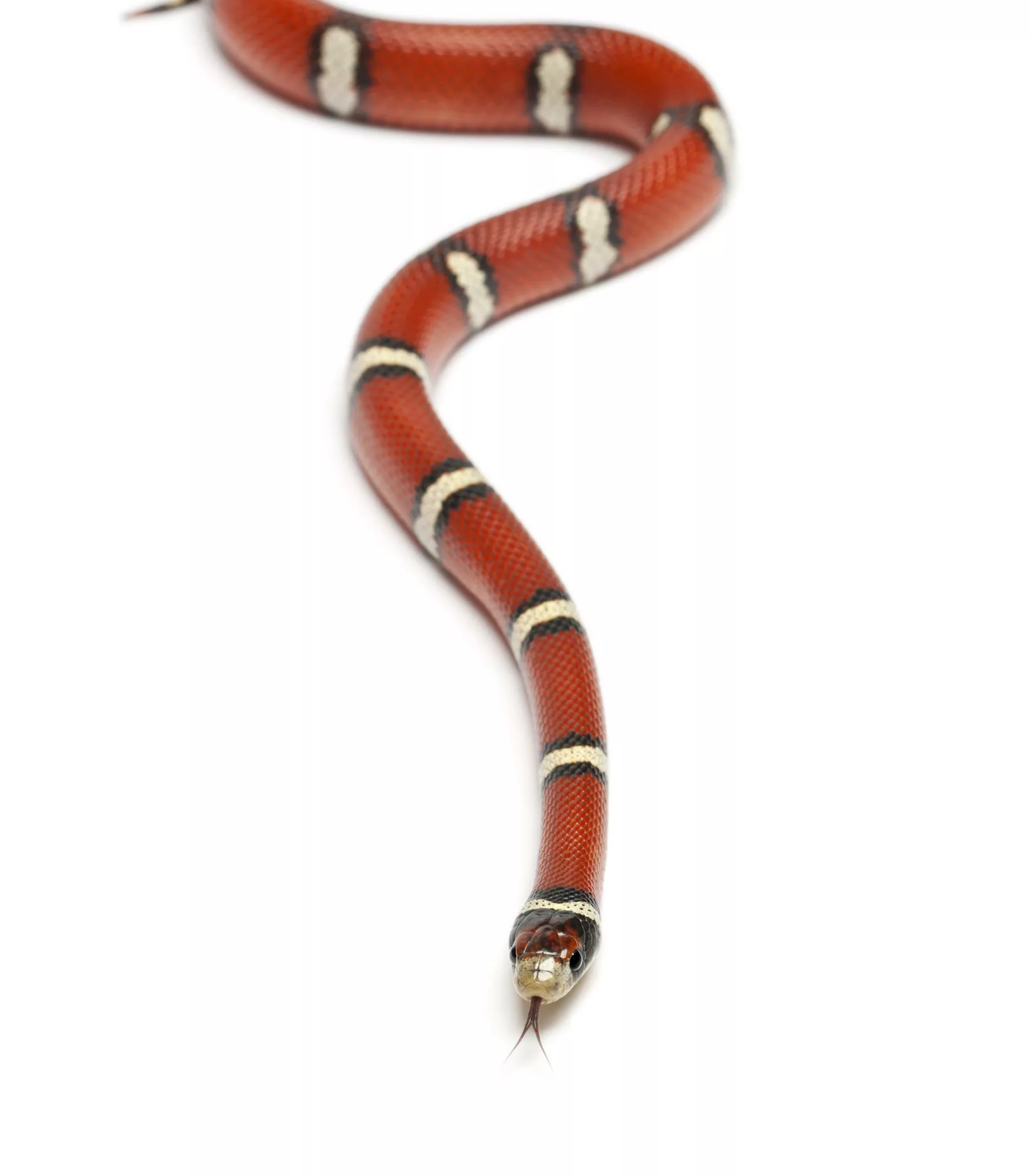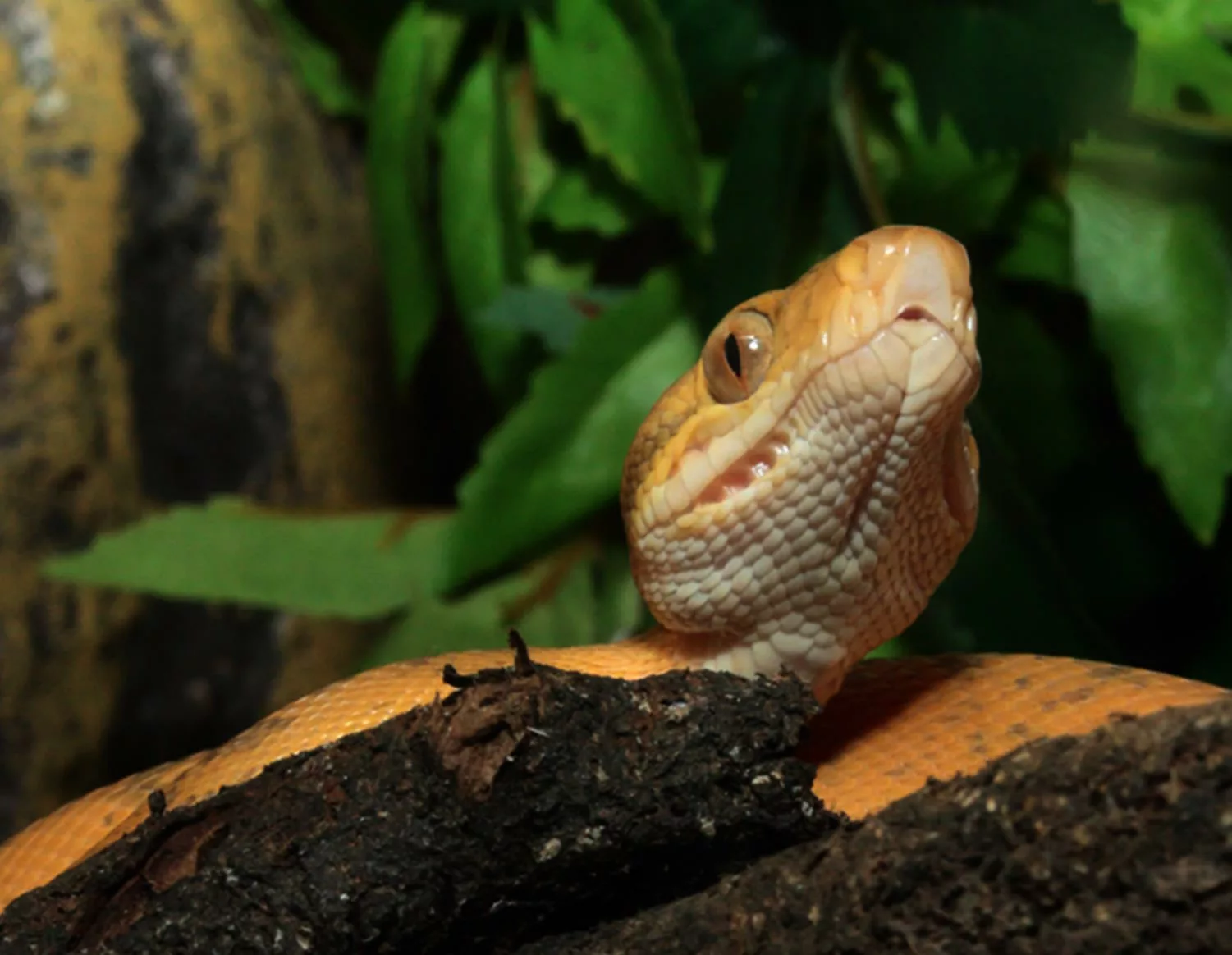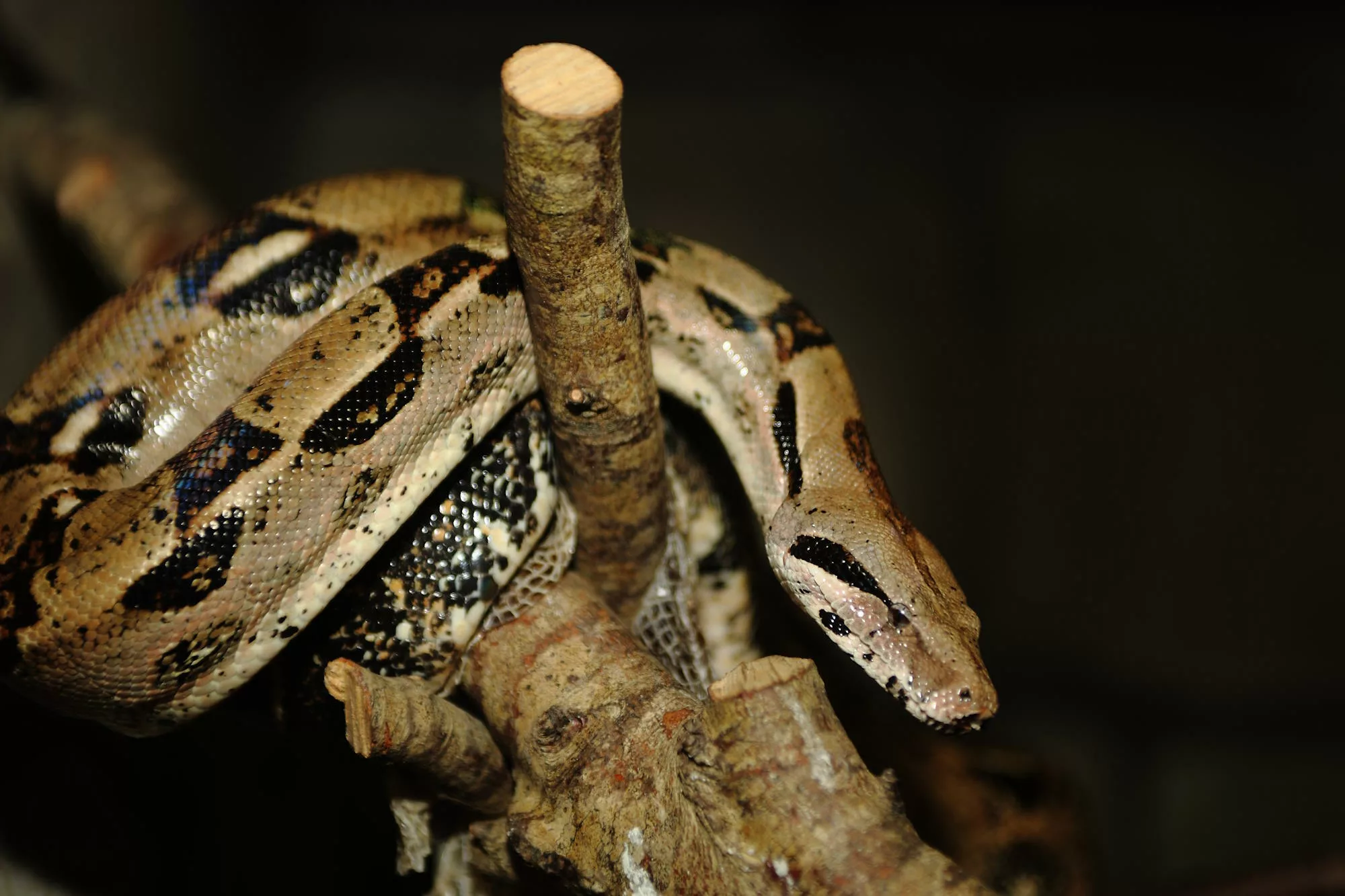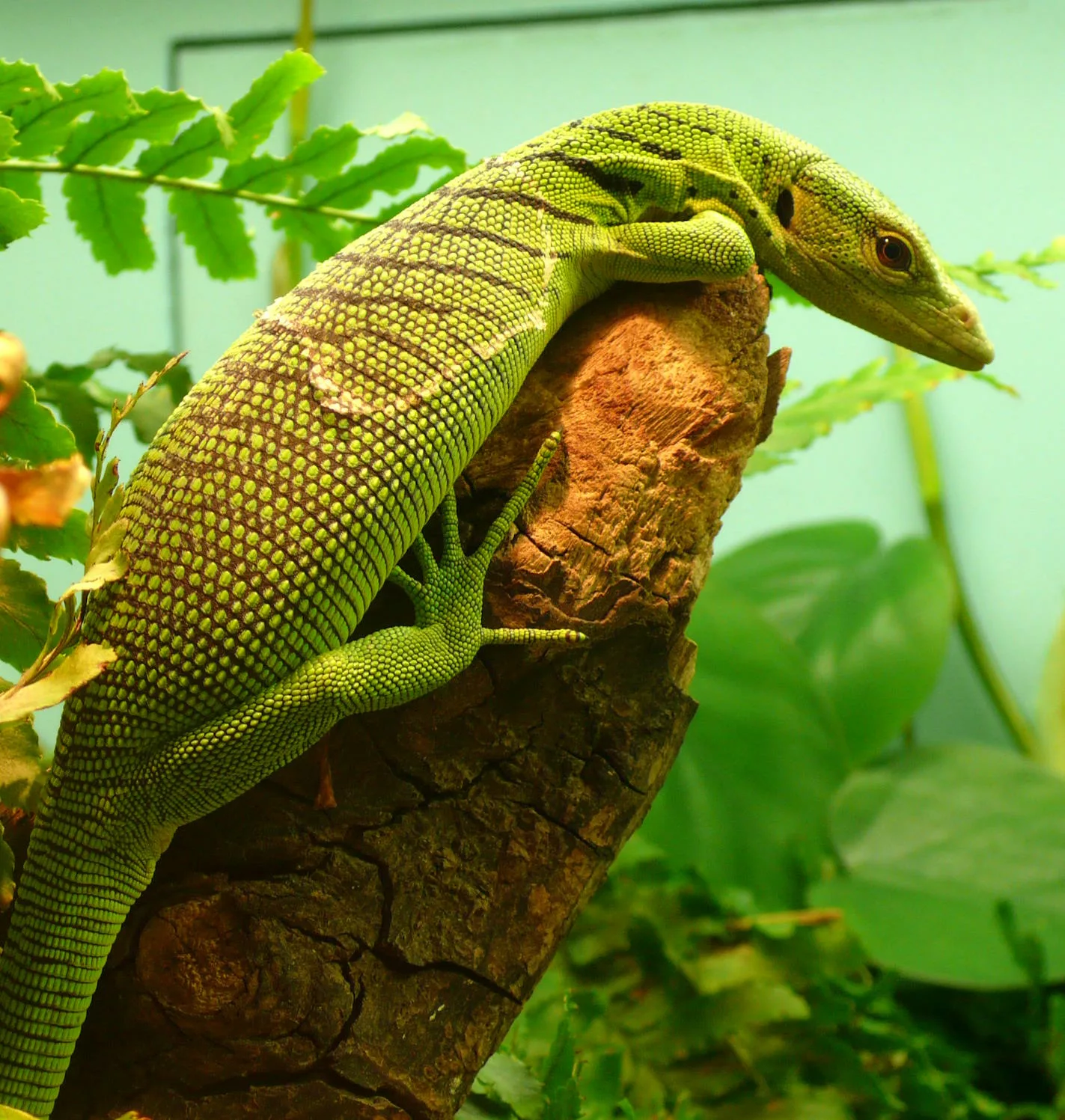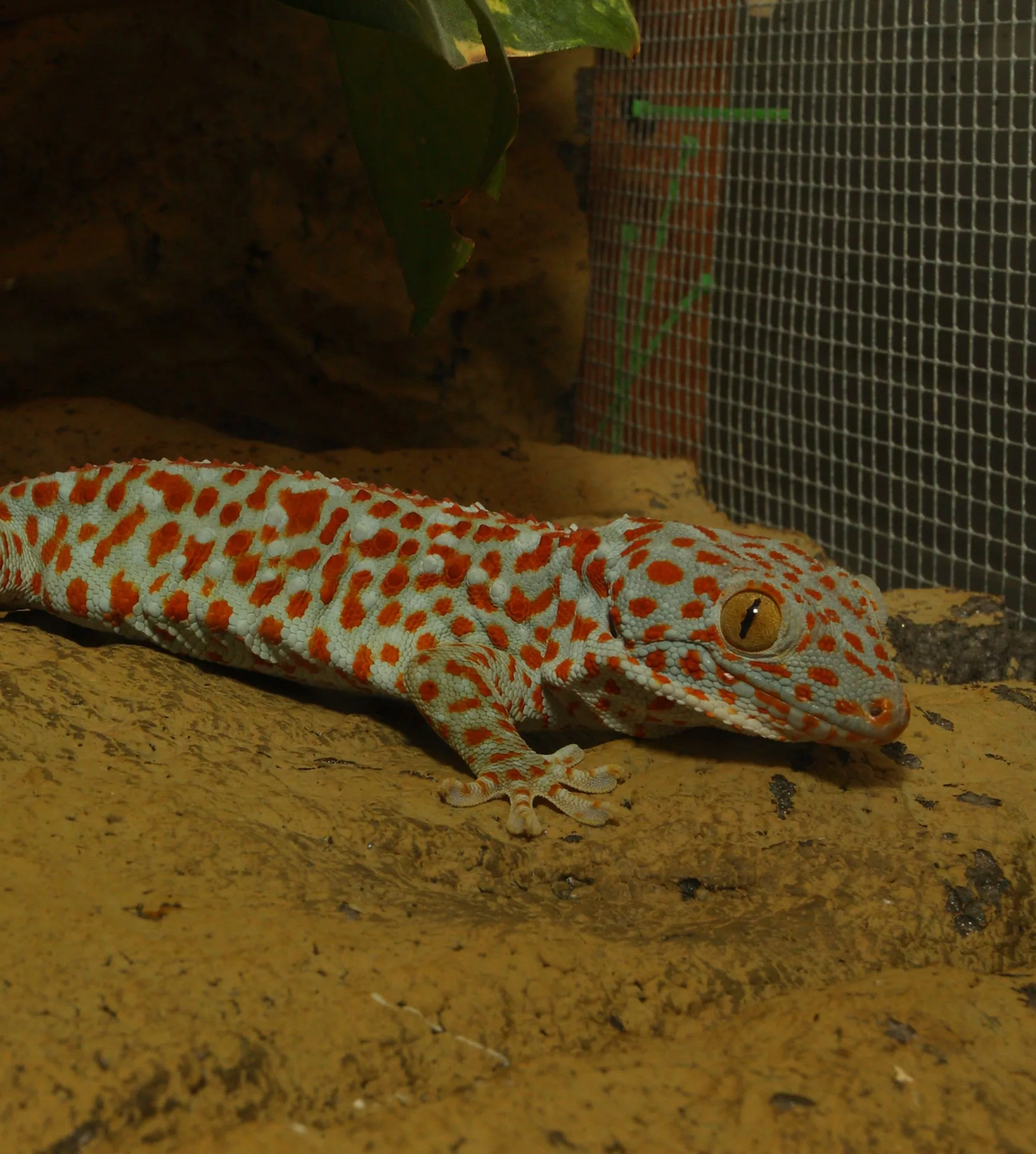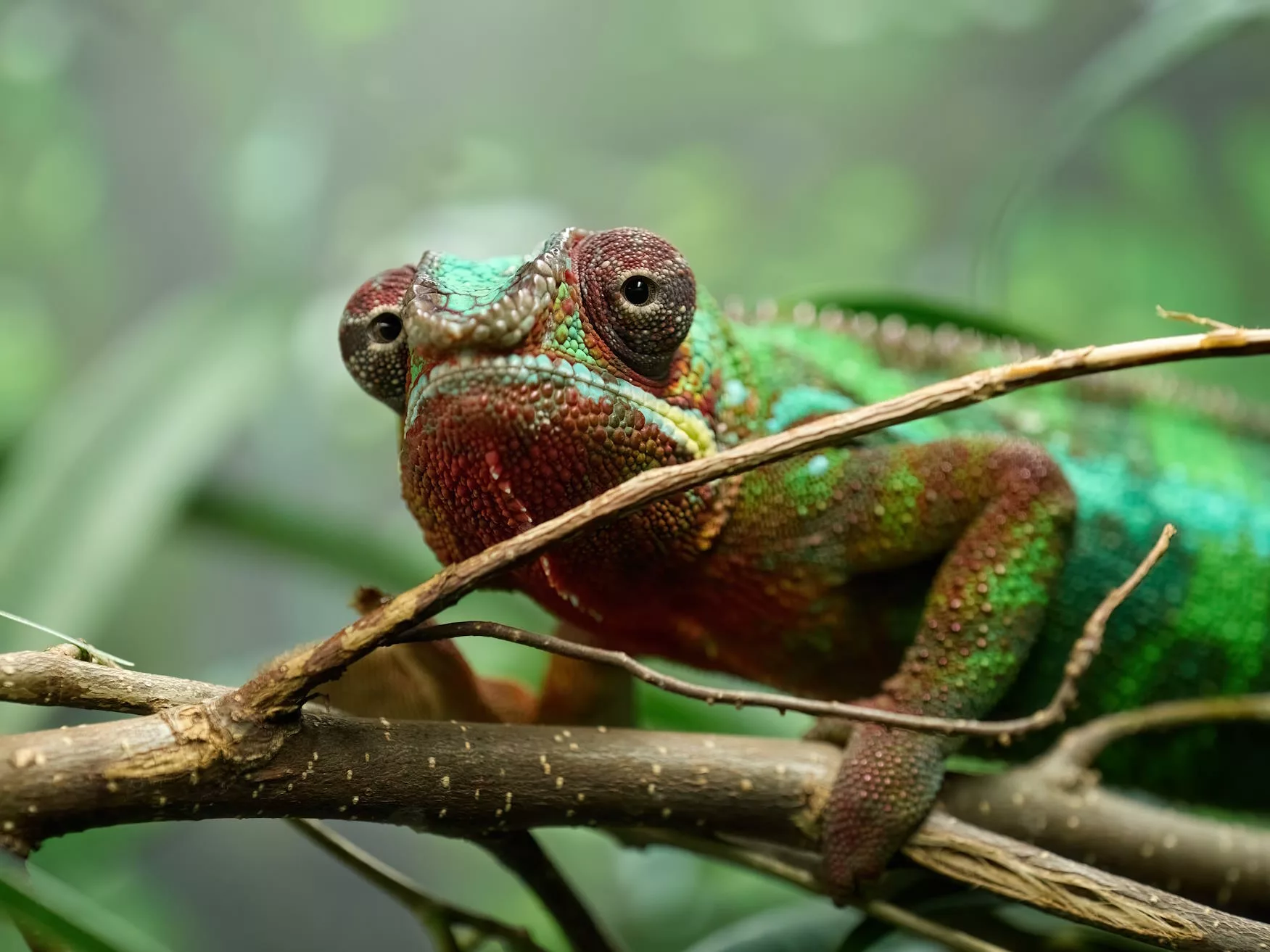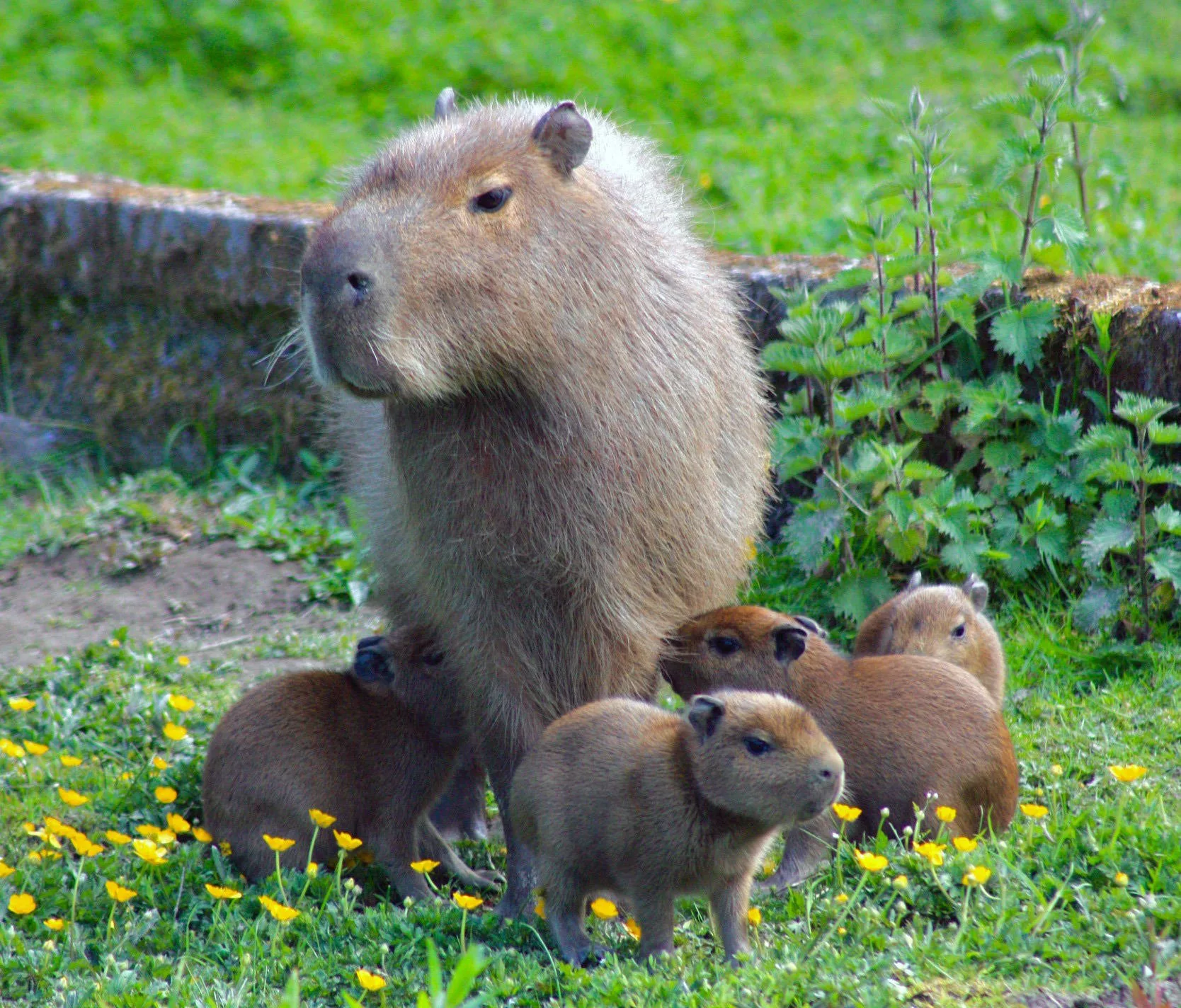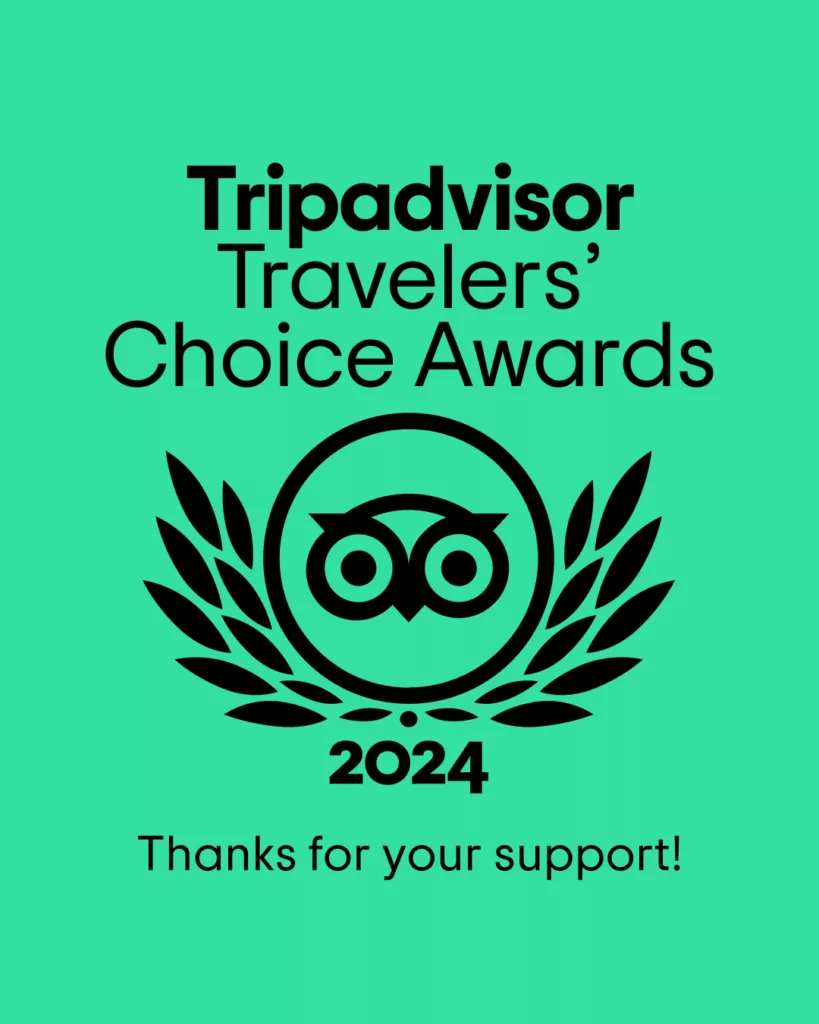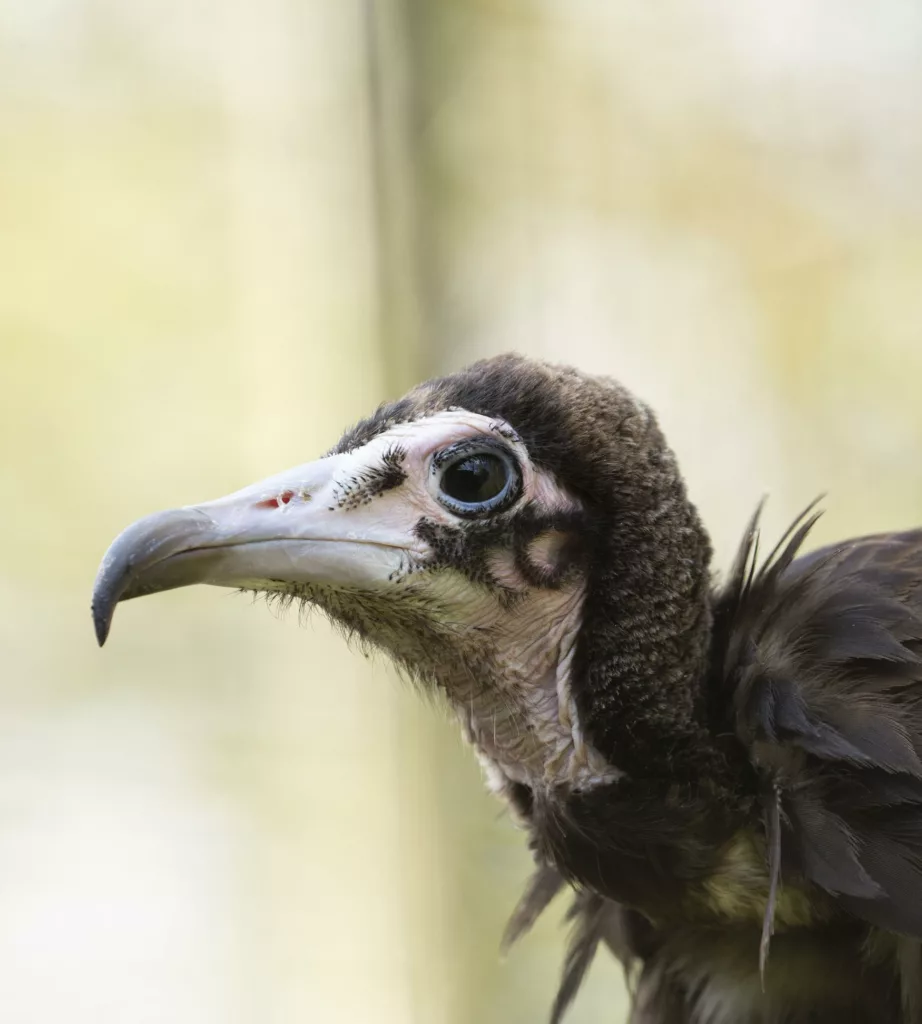
Hooded vulture
Scientific name: Necrosyrtes monachus
IUCN listed as: Critically Endangered
Learn before you visit!
Here are some facts about the species – Discover what they eat, find out about their natural habitat, see what they like to do, and more… Set the reading style to suit you too, everyday speak or something aimed towards children.
Child-friendly
Everyday
Diet
Hooded Vultures primarily feed on carrion, which includes the remains of dead animals. They are often seen scavenging at carcasses, using their sharp beaks to tear into flesh. These vultures also consume small mammals, insects, and even human waste in urban areas. This diverse diet helps them to survive in various environments, from savannas to urban settings. Their scavenging behaviour is crucial for the ecosystem as it helps in the decomposition process and keeps the environment clean.
Hooded Vultures eat dead animals, small mammals, insects, and even waste. They help keep the environment clean by eating carrion. These vultures are found in many places, from savannas to cities. Their strong beaks help them tear into meat.
Breeding
Hooded Vultures typically breed in solitary pairs. They build their nests high in trees, often near human habitation, using sticks and lining them with leaves and grass. The female usually lays one egg, which both parents incubate for about 50 days. After hatching, the chick is cared for by both parents and fledges at around 3-4 months old. This breeding strategy ensures that the young receive ample care and protection until they are independent.
These vultures build nests high in trees. They lay one egg, and both parents take care of the chick. The chick grows and leaves the nest after about 3-4 months. This ensures the chick is well-protected and cared for.
Habitat
Hooded Vultures are found across sub-Saharan Africa, inhabiting savannas, grasslands, and even urban areas. They are highly adaptable and can be seen near human settlements where they scavenge for food. These vultures prefer open landscapes where they can easily spot carrion. Despite their adaptability, they face significant threats from habitat destruction, poisoning, and hunting. Conservation efforts focus on protecting their habitats and reducing human-wildlife conflicts.
Hooded Vultures live in Africa, in places like savannas, grasslands, and cities. They adapt well to different environments and can be seen near human settlements. They face threats like habitat loss and hunting. Conservation efforts aim to protect their homes and reduce conflicts with humans.
At the zoo
In zoos, Hooded Vultures are housed in large enclosures that mimic their natural habitat, providing them with ample space to fly and perch. Their diet in captivity includes a variety of meats and supplements to ensure proper nutrition. Zoos play a significant role in the conservation of these critically endangered birds through breeding programs and public education. By raising awareness about their plight, zoos help to garner support for conservation efforts. These programs are vital for maintaining the genetic diversity and population numbers of Hooded Vultures.
In zoos, Hooded Vultures live in large spaces that look like their natural homes. They eat a variety of meats to stay healthy. Zoos help protect these endangered birds through breeding programs and teaching people about them. These efforts are crucial for their survival.
Behaviour
Hooded Vultures are social birds, often seen in groups around carcasses. They have a keen sense of sight and smell, which helps them locate food from great distances. These vultures are known for their communal roosting behaviour, where they gather in large numbers at night. They communicate with each other through various vocalisations and body language. Their behaviour plays a crucial role in maintaining the health of their ecosystem by efficiently removing carrion.
These vultures are social and often gather in groups around food. They use their sharp senses to find carrion from far away. They roost together at night and communicate with calls and gestures. Their behaviour helps keep the ecosystem healthy by removing dead animals.
Fun facts
- Hooded Vultures have keen eyesight and sense of smell to locate food.
- They play a vital role in the ecosystem by cleaning up carrion.
- These vultures are known to scavenge in urban areas.
- They build nests high in trees, close to human habitats.
- Hooded Vultures can live up to 24 years in the wild.
- They have excellent eyesight and sense of smell to find food.
- They help the environment by eating dead animals.
- These vultures can live in cities and scavenge for food.
- They build nests high up in trees near people.
- They can live up to 24 years in the wild.
More animals to discover at our zoo
Quick Links
Tickets & Prices
You can buy tickets for Exmoor Zoo securely online, as well as finding out more price options, discover offers, and more…
What’s on…
Exmoor Zoo hosts incredible Events all through the year. You can find out about what we’ve got in store here…
Routes & info
Like any great discovery, Exmoor Zoo can feel a little off the beaten path – but don’t worry – you can plan your journey with our recommended routes and other useful travel info.
